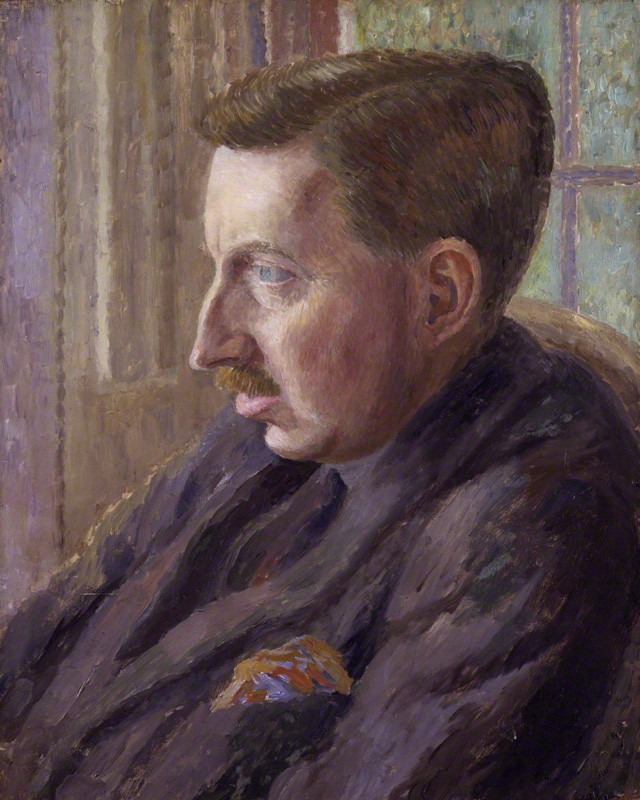Edward Morgan Forster OM, CH (1 January 1879 – 7 June 1970), was an English novelist, short story writer, essayist and librettist. He is known best for his ironic and well-plotted novels examining class difference and hypocrisy and also the attitudes towards gender and homosexuality in early 20th-century British society. Forster's humanistic impulse toward understanding and sympathy may be aptly summed up in the epigraph to his 1910 novel Howards End: "Only connect".
Forster's views as a humanist are at the heart of his work, which often depicts the pursuit of personal connections in spite of the restrictions of contemporary society. His humanist attitude is expressed in the non-fictional essay What I Believe.
Forster's two best-known works, A Passage to India and Howards End, explore the irreconcilability of class differences. A Room with a View also shows how questions of propriety and class can make connection difficult. The novel is his most widely read and accessible work, remaining popular long after its original publication. His posthumous novel Maurice explores the possibility of class reconciliation as one facet of a homosexual relationship.
Sexuality is another key theme in Forster's works, and it has been argued that a general shift from heterosexual love to homosexual love can be detected over the course of his writing career. The foreword to Maurice describes his struggle with his own homosexuality, while similar issues are explored in several volumes of homosexually charged short stories. Forster's explicitly homosexual writings, the novel Maurice and the short-story collection The Life to Come, were published shortly after his death.
Forster is noted for his use of symbolism as a technique in his novels, and he has been criticised (as by his friend Roger Fry) for his attachment to mysticism. One example of his symbolism is the wych elm tree in Howards End; the characters of Mrs Wilcox in that novel and Mrs Moore in A Passage to India have a mystical link with the past and a striking ability to connect with people from beyond their own circles.

Collections of essays and broadcasts
Abinger Harvest (1936)
Two Cheers for Democracy (1951)
Literary criticism
Aspects of the Novel (1927)
The Feminine Note in Literature (posthumous) (2001)
Biography
Goldsworthy Lowes Dickinson (1934)
Marianne Thornton, A Domestic Biography (1956)
Travel writing
Alexandria: A History and Guide (1922)
Pharos and Pharillon (A Novelist's Sketchbook of Alexandria Through the Ages) (1923)
The Hill of Devi (1953)
Miscellaneous writings
Selected Letters (1983–85)
Commonplace Book (1985)
Locked Diary (2007) (held at King's College, Cambridge)